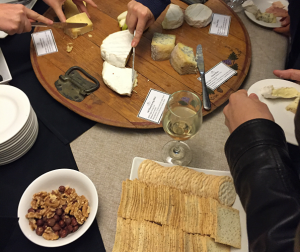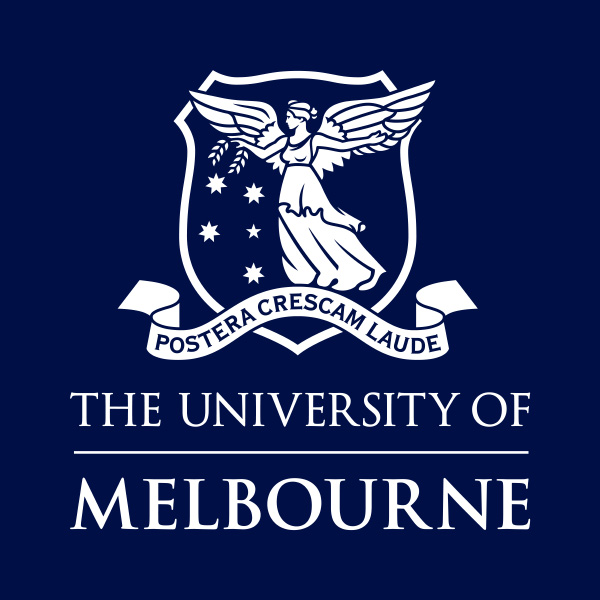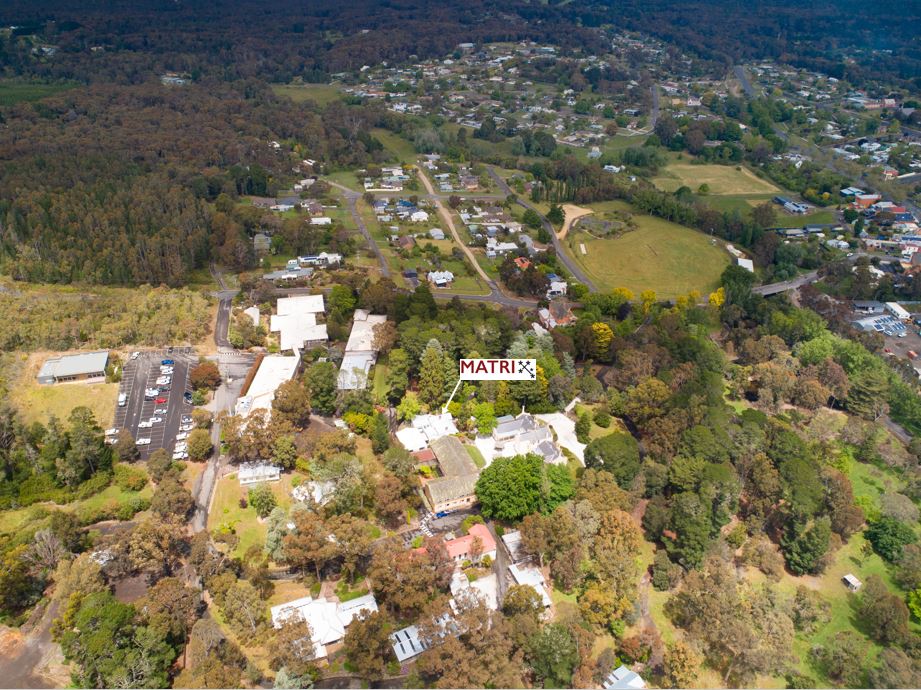-
6 Jul 2026 - 17 Jul 2026
8:00 am - 5:00 pm
Organisers:
Jose A. Carrillo (University of Oxford, UK)
Dietmar Ölz (University of Queensland)
Marie-Therese Wolfram (University of Warwick, UK)
Mattia Zanella (University of Pavia, Italy)
Program Description:
Many phenomena in the life and social sciences, ranging from the microscopic to macroscopic level, exhibit surprisingly similar structures. Processes at the microscopic level such as ion chan- nel transport, chemotaxis, cell adhesion, cytoskeleton dynamics and angiogenesis, and patterns at the macroscopic level which involve herding of animal populations, motion of human crowds, human interactions, cell shape and motion and alignment of bacteria are both largely driven by long-range attractive forces, due to electrical, chemical or social interactions, and short- range repulsion, due to cell finite size or crowding effects together with alignment forces. This common modelling framework based on individual-based models (IBMs) was classically used in other many-body systems such as electron transport in semiconductors, kinetic equations in statistical physics and gravitational collapse. Yet, its successful application in mathematical biology, social sciences and machine learning has only recently received a great deal of atten- tion. Indeed, this modelling strategy is currently being explored as a test bed for algorithms in data science and global optimization.
During our stay at the Matrix Institute we will bring together leading experts and junior researchers with strong interests in PDEs, models for collective dynamics and many-agent systems. The proposed program will pursue the following scientific goals
- G1 Present new models and methods in IBMs defining interactions between minimal entities in life and social sciences.
- G2 Reconciling IBMs and continuum models by means of suitable scaling regimes and con- vergence analysis.
- G3 Connect mathematical models with available data.
Mathematical modelling with differential equations is becoming a crucial technique in mod- ern research in developmental biology or epidemiology, for instance. Parameter estimation and model selection are fundamental challenges with impact in real-world applications in the life and social sciences. The cross-pollination of different communities working towards the goal of understanding the rigorous upscaling of microscopic models to macroscopic models and their use in real-life applications is therefore the main aim of our research program.
Program Structure:
TBD
Registration:
- Deadline: TBD
- Registration is by invitation only. If you are interested to participate in this program, please contact one of the organisers with your CV and research background.
- Arrival date: 5 July 2026
ASSOCIATED EVENTS
MATRIX Wine and Cheese Afternoon 7 July 2026
On the first Tuesday of each program, MATRIX provides a pre-dinner wine and cheese afternoon. Produce is locally-sourced to showcase delicacies from the region.






